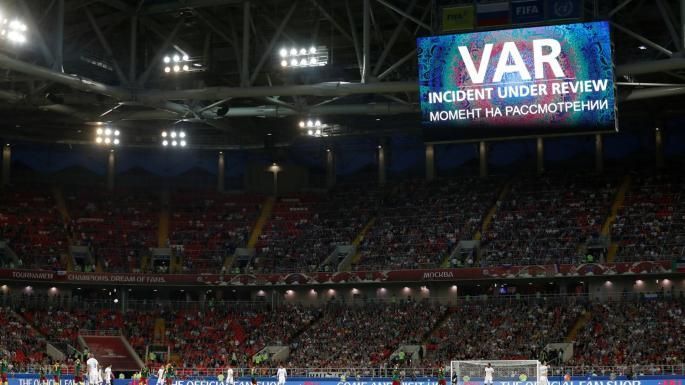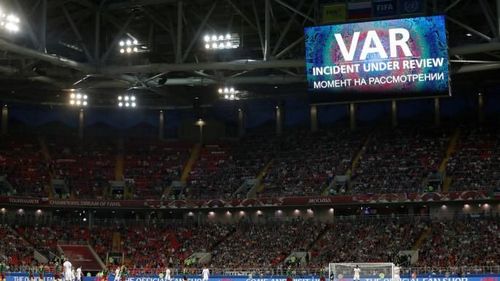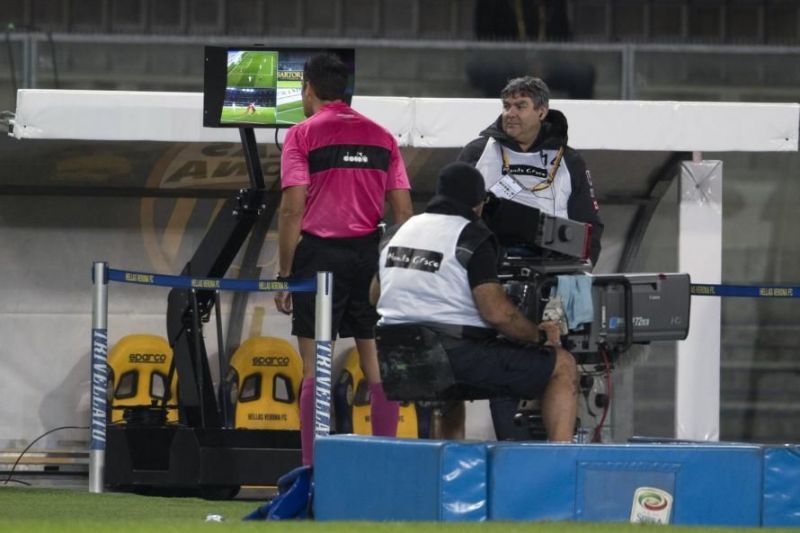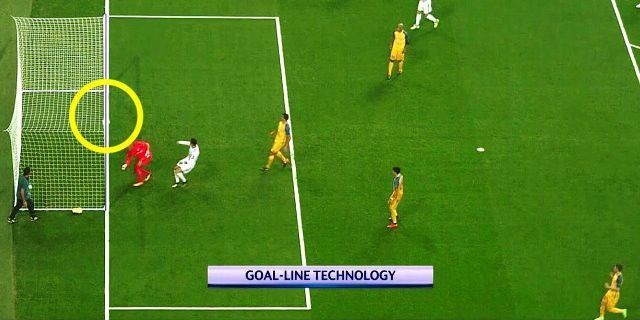
In support of VAR

VAR has attained many critics of late. And in some measures, rightly so.
As a supposed "catch-all" method, it is not prospering. However, maybe this argument misses the point. Maybe VAR should be a seen simply as a supplement, and not a panacea.
Subjectivity
Everything in life is subjective. We all perceive everything from our own unique lens, or from a culturally, familial, or personally-derived standpoint. For instance, not everybody likes football nor sport.
Some hate to cook, whilst others love it. Some believe it's wrong to eat any animal species as food, whilst many others commonly do. To some, Guinness is the finest stout, but there are others who may disagree.
Football decisions are no different. Even clear-cut fouls, by the letter of the laws of football, are seen as permissible in some contexts. Diego Maradona's "mano de Dios" (or Hand of God) was and probably still seen as permissible in Argentinian footballing culture. The great man said so himself in a documentary with Gary Lineker on the BBC some years ago.
So given this level of relativity, can we make truly objective decisions? For me, VAR sticks on this point. There are many instances in games where we believe a given action is a foul or not. Some actions ARE definitive, however many others are relative. VAR still depends on this inherent subjective perception, and thus, it cannot clear things up.

Look at Diego Costa's first goal for Spain in their 3-3 draw with Portugal. Some say it was a foul on the Portuguese defender. Others say it was a fair challenge. Had it gone to VAR, then the referee would have had to deploy his own logic and view, which would have been subjective. VAR cannot be a catch-all improvement then since it doesn't remove subjectivity.
This is in direct contrast with goal-line technology, which is pretty clear-cut. Either something wholly crosses the line, or it didn't. The law of football denoting what constitutes a goal is below:
A goal is scored when the whole of the ball passes over the goal line, between the goalposts and under the crossbar, provided that no offence has been committed by the team scoring the goal.
If a referee signals a goal before the ball has passed wholly over the goal line, play is restarted with a dropped ball.
(Law 10 - FIFA Laws of Football)
It's pretty easy to determine if a ball crossed the line or not then. All it takes is a range of sensors, which can accurately pinpoint if a goal has been scored. Or we can denote camera angles to see if it has.
Issues of fouls, whether a challenge should be a red or yellow card, etc. are often far more relative and moot than other applications of technology.

Perfection
Maybe part of the issue is that we're seeking perfection. And maybe this is an unrealistic goal, and thus causes frustration.
It can HURT if decisions don't go our team, or country's, way. And rightly so, in many cases.
So if VAR can lessen bad decisions, then all the better. But then it still is reliant on imperfect analysis and perception, and this is pretty much undermining any goal for refereeing "perfection".
Maybe we need to take a more balanced view, and acknowledge that there cannot be true perfection in football refereeing. Some refs will be corrupt. Many more will be good but will make honest errors.
They are human, after all, and do not possess the benefit of endless TV replays. Nor do they get the likes of Gary Neville, Ian Wright, Alan Shearer, or even Arsene Wenger and Jose Mourinho on Bein/RT to help with video tech to analyse games.
VAR can never solve all decisions, and we should acknowledge its limitations accordingly.
Moreover, we don't expect perfect circumstances in many other situations, since it cannot unfold often. If we're driving on a road, we cannot control the level of traffic there, especially if a traffic jam emerges.
So why not accept bad decisions? Why not just accept that they happen from time to time and move on? Football cannot be perfect, and maybe, if we accept that perfection is unattainable, we would feel a lot less angst towards bad decisions.
And some may call this naive but then I don't think refs are out to get teams. I believe they are honest overall. but they make mistakes like others. They are not perfect and can get things wrong.
It all adds to the intrinsic flux of football, and life, though VAR can help us get a more efficient game, even if it cannot cure all unfair, unjust, or "bad decisions".